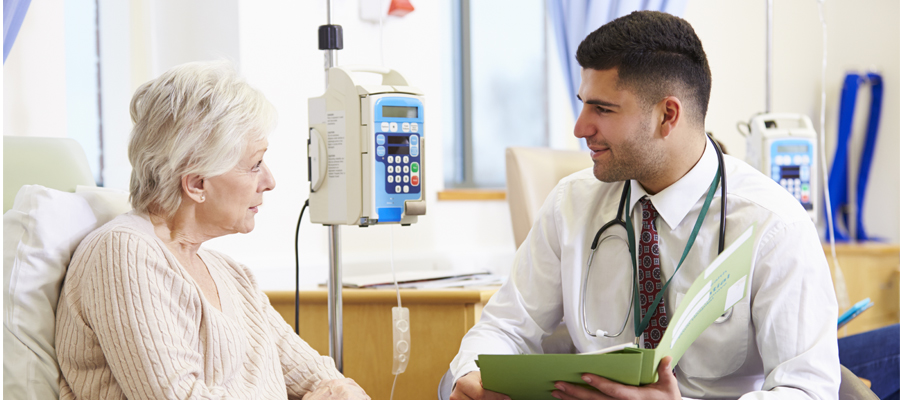EORTC lobbies for reducing the economic burden of cancer by optimising treatment for cancer patients
17 Dec 2020
by Davi Kaur, EORTC Head of Communications
Over the last twenty years, health spending for cancer has increased faster than cancer incidences. According to Hofmarcher et al, in a paper published in EJC in April 2020, the total cost of cancer was €199 billion in Europe in 2018 and within the healthcare system the cost is €103 billion. The cost of cancer drugs have risen from €10 billion in 2005 to more than €32 billion in 2018. They state that “The rapid growth in cancer drug expenditure is linked to increased usage (e.g., increased number of cancer patients and new cancer drugs, new patient groups eligible for treatment, use in an adjuvant setting, longer duration of therapy) and to higher (list) prices of new drugs.”
However, 30% of new drugs coming on to market have limited benefit to patients, due to the fact that there is no understanding of duration, toxicity profiles, combinations and impact to specific populations. EORTC has been lobbying EU Parliament to include this missing information in the regulatory and health technology processes, i.e. the assessment of datasets that address these gaps, ensuring that any treatment coming into the healthcare system is cost effective and will appropriately benefit the patient.
In a series of policy events in November, Dr Denis Lacombe and members of EORTC have taken part in discussions to highlight this gap of treatment of optimisation. EORTC has a long history in clinical cancer research and it has seen that certain research questions such as de-escalation of treatment have an important impact of cancer care, however these datasets are not systematically required for the approval of treatment. EORTC addresses treatment optimisation in World Cancer Series, hosted by The Economist and in the European Cancer Summit hosted by European Cancer organisation.
In the development of the cancer plan, we must ensure that treatment optimisation is addressed and that there is funding provided to gather these datasets. Your support for this action is very much welcomed!
Related News
EORTC: Advancing research and treatment for rare cancers
29 Feb 2024
EORTC Fellowship Programme: celebrating more than 20 years of impactful collaboration
22 Feb 2024
Appointment of Malte Peters as EORTC Strategic Alliance Officer
9 Feb 2024
Unique series of workshops in partnership with the European Medicines Agency (EMA)
7 Feb 2024
EORTC launches a prominent clinical trial in older patients with locally advanced (LA) HNSCC (Head and Neck Squamous Cell Carcinoma)
14 Dec 2023
Seven IMMUcan abstracts selected for ESMO Immuno-Oncology Congress 2023
6 Dec 2023
EORTC Quality of Life measures integrated in CDISC
20 Nov 2023
EORTC and Immunocore are collaborating to launch the ATOM clinical trial of tebentafusp in Adjuvant Uveal Melanoma
7 Nov 2023
Treatment with decitabine resulted in a similar survival and fewer adverse events compared with conventional chemotherapy in older fit patients with acute myeloid leukaemia
31 Oct 2023
New results and forthcoming EORTC trials in rare cancers, lung, head and neck, and breast carcinomas presented at ESMO 2023
20 Oct 2023


